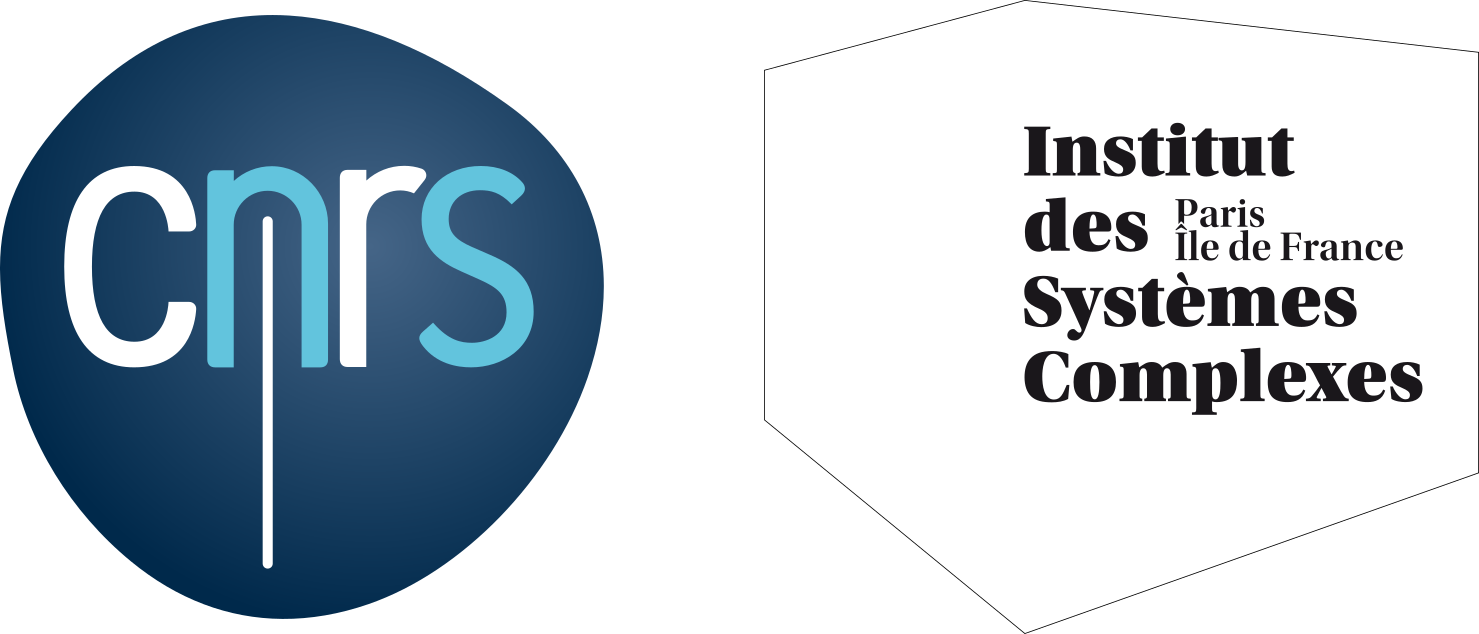proposes some statements and test them step-by-step." Karl Popper, 1934.
What is the social game behind science ?
Play to discover !
In the Nobel Game, your are a scientist who publishes theories and tries to falsify her colleagues.
You can evaluate the quality of a theory by testing it : each test takes time and when a test fails, you can use this example to falsify this theory if it is already published ; or in the future if somebody were to publish it (in that case, the refutation is automatic).

You can publish a theory that has resisted to a sufficient amount of tests and hasn't been published yet.
You get some payoffs each time you publish a new theory (green score) or falsify somebody (orange score). You have some penalties (red score *) each time one of your theories is falsified.

At the end of the game, the Nobel prize winner is the player with the highest cumulated score
In order to be winner, according to what the others do, you will have to decide if it is better to explore new theories or to try to refute published theories. Be careful, different games have different values for the payoffs and penalties. The payoffs structures depict different social situations and the best strategies varies.

Related papers about this game can be found here.
(*) In the Game of the Day setting (long games), what you get when you falsify somebody (orange score) is weighted by the score difference between the two players. You get less when you falsify low ranking player (but they still lose the red scores).
